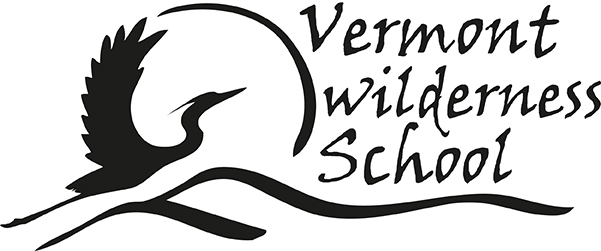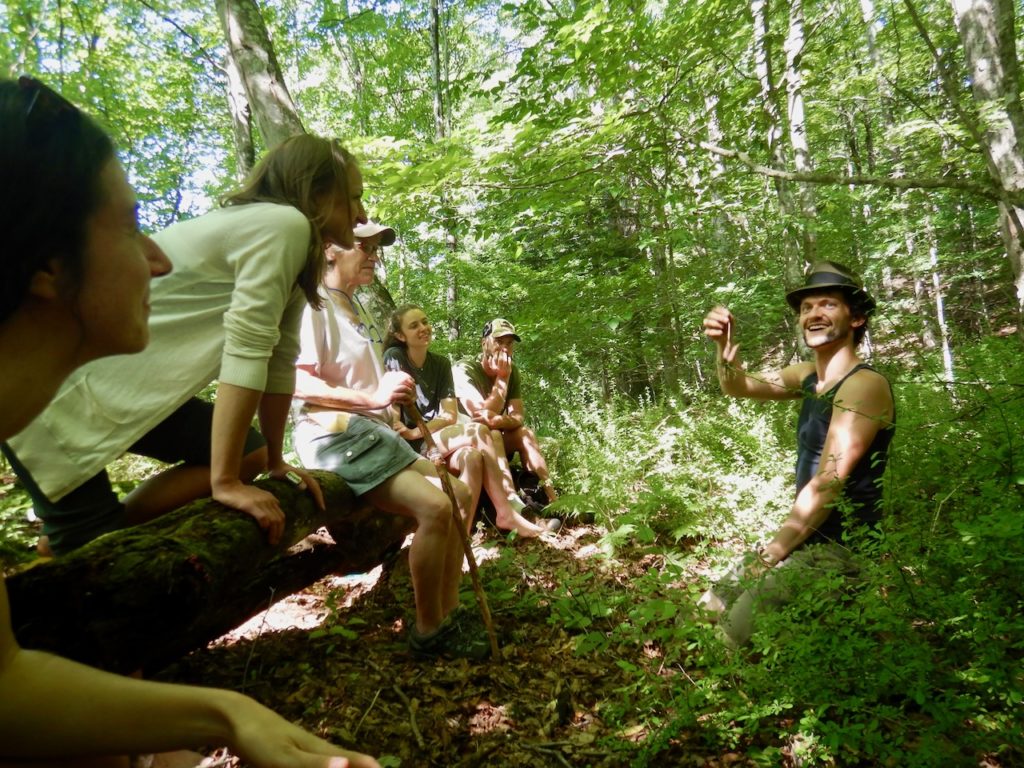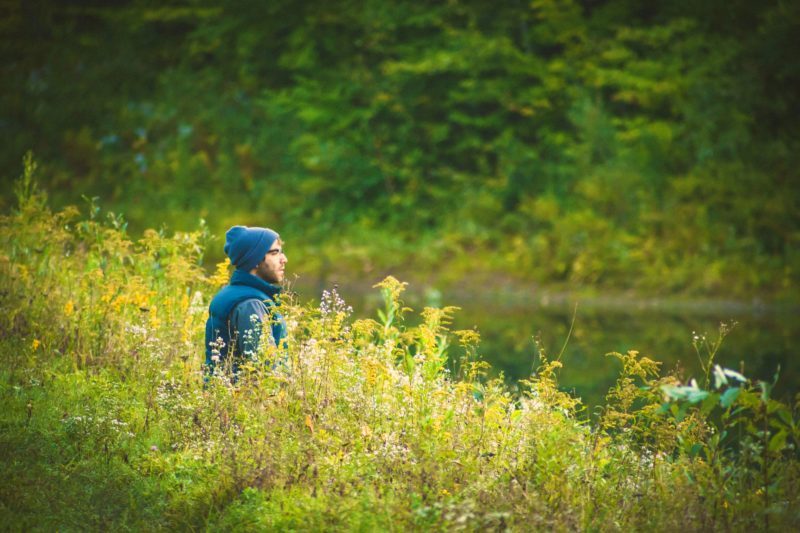Workshop Details
Foundations of Nature Connection Mentoring (3-Weekend Series)
Weekend 1: Designing with Natural Cycles
March 2023 (exact dates TBA)
We can deliberately design how we work, play, and learn together based on cycles in the natural world. Why look to conventional educational or business models for design guidance when instead we can look to nature? Attuning to cycles such as the seasons or the life cycles of our plant and animal neighbors builds vitality and resiliency in ourselves and our communities. Vermont Wilderness School’s educational programs are all designed this way.
During this weekend we will explore how you can use natural cycles as a guide for designing aspects of your community and work life. We will especially pay attention to what we have each noticed about how community and work life goes awry when we neglect certain aspects of natural cycles – and look at how to bring the neglected aspects back into our lives.
Bring your own examples and design challenges!
Weekend 2: Peacemaking and Restorative Relationships
April 2023 (exact dates TBA)
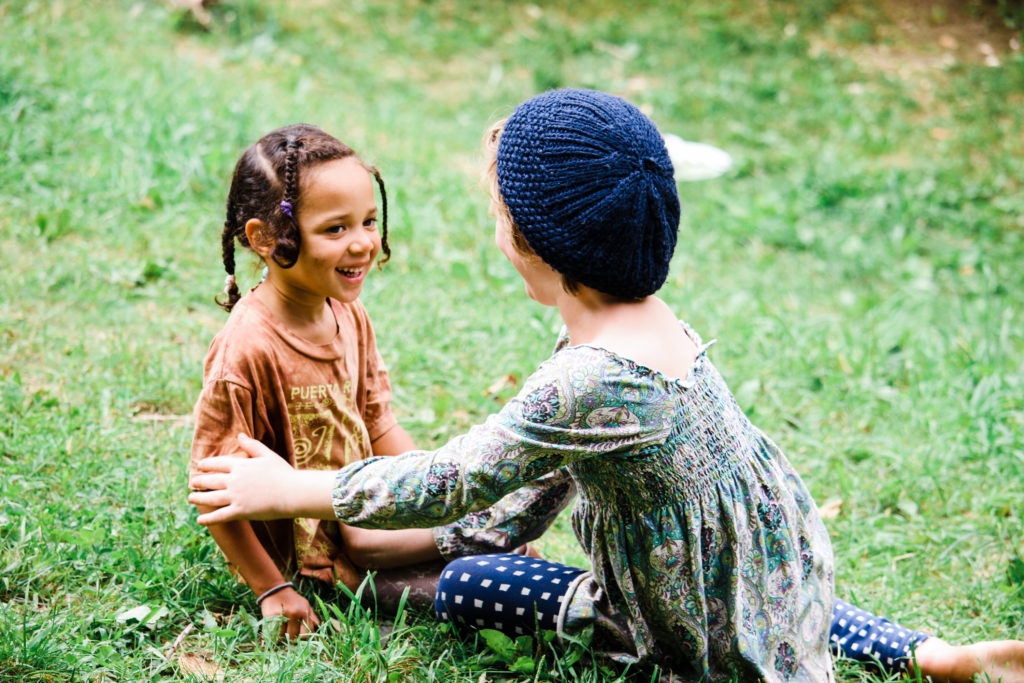
Conflict and dissonance are a natural part of ecosystems and human life. We are all familiar with the results of unhealthy conflict— hurt, disconnection, and violence.
However, when the system around these conflicts is healthy, creativity and new solutions can emerge. Conflict can birth resilience and unimagined beautiful solutions.
In this workshop we will learn about different practices for peacemaking and restoring relationships. Central to this exploration is the acknowledgement of the cultural context from which these practices have emerged.
By the end of the weekend you will be equipped to discern what for you are the appropriate practices to guide conflict towards greater health, creativity, and connection.
Weekend 3: Core Routines for Being Fully Alive & Nature Connected
May 2023 (exact dates TBA)
Just as drinking water, eating, and sleeping support our health and well-being, consistent direct engagement with the natural world fosters our health and aliveness.
Numerous studies have documented how daily time in nature enhances our learning and healing capacities, reduces stress, and can provide insight and creativity in whatever we are doing in our lives.
In addition, this daily practice is the sustenance that feeds our mentorship of other people in natural settings. Whether we are a teacher in a classroom, a parent in the home, or an outdoor educator, the vitality of our own personal relationship with nature will shine through to others.
The concept of “Core Routines for Being Fully Alive and Nature Connected” is that certain practices are exceptionally effective at stirring that vitality, if practiced regularly. Examples include outdoor living skills, sharing gratitude, wandering, awareness, practicing the art of questioning, visiting a “sit spot”, singing, storytelling, and others.
For the final weekend, we will delve into many of these core routines, how we can foster them in our daily lives, and how we can mentor and inspire others in these practices. Spring is a great time to explore these routines because it’s warm outside and life is bursting forth!
Course Facilitator
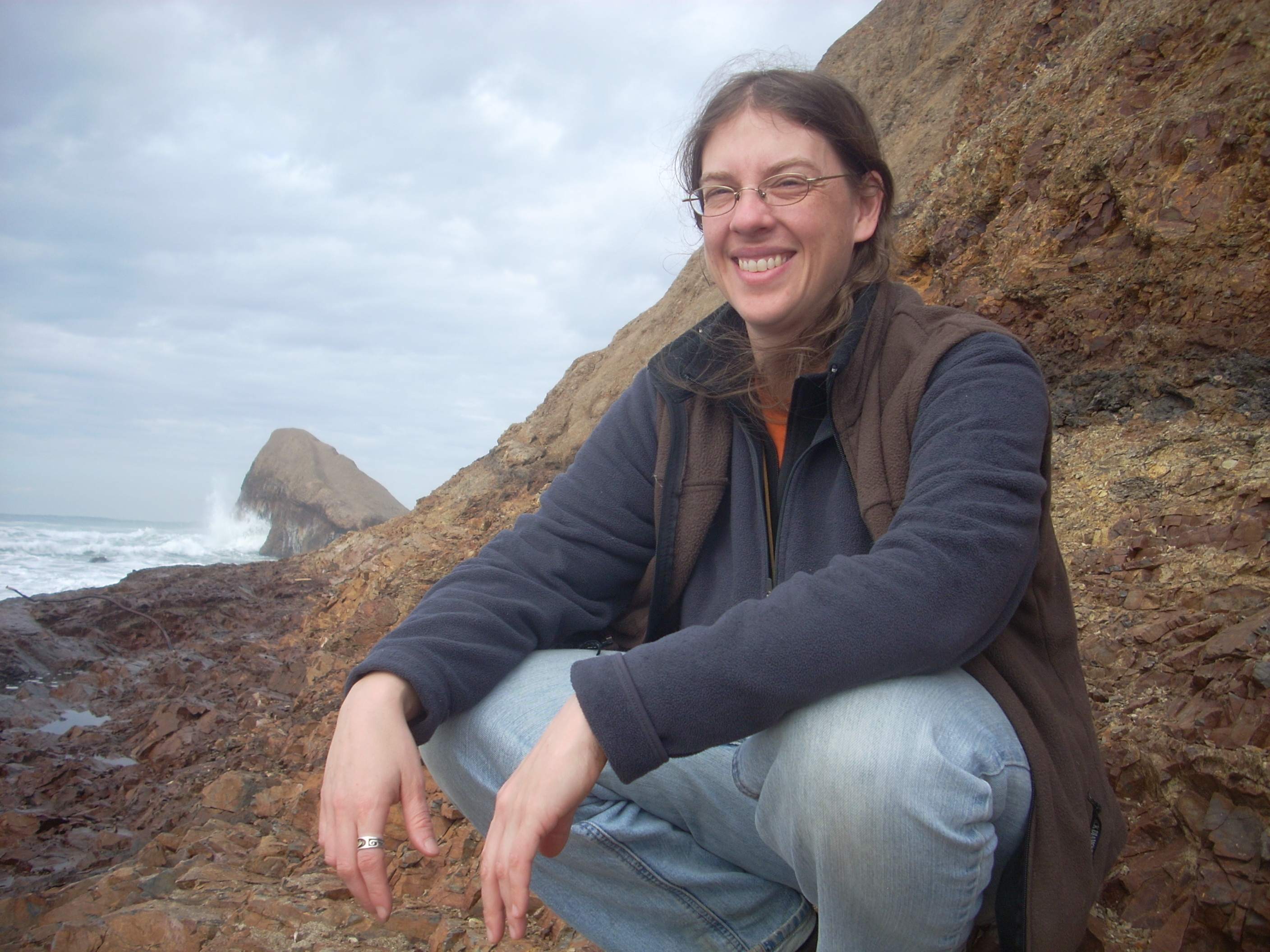 Amy Hyatt has been involved in nature connection mentoring since 2001, when she began as a participant and apprentice. Amy was one of the first women facilitators and leaders of the Art of Mentoring, an intergenerational weeklong workshop in nature connection mentoring. For over 15 years she has been designing and directing youth and adult programs at the Vermont Wilderness School. In recent years Amy joined the board of the national Nature Connection Network, playing an active role in current movement dialogues around decolonization and anti-racism. Amy is of mixed European ancestry. She grew up with attention on challenging inequalities in race, class, and gender in our everyday lives as well as spending time outside exploring and helping in the family vegetable garden. At age 19, she began overtly encountering Indigenous people who engaged her with everyday issues of colonization, cultural appropriation, and decolonization…and the living practice of listening to different species and asking permission before harvesting or developing areas. She has humbly continued to ask the questions and seek to make changes creating more equity for humans and other species, a sense of welcome and safety for people of different backgrounds, and a sense of trust and allyship in working together for the children and multi-species future generations on this Earth.
Amy Hyatt has been involved in nature connection mentoring since 2001, when she began as a participant and apprentice. Amy was one of the first women facilitators and leaders of the Art of Mentoring, an intergenerational weeklong workshop in nature connection mentoring. For over 15 years she has been designing and directing youth and adult programs at the Vermont Wilderness School. In recent years Amy joined the board of the national Nature Connection Network, playing an active role in current movement dialogues around decolonization and anti-racism. Amy is of mixed European ancestry. She grew up with attention on challenging inequalities in race, class, and gender in our everyday lives as well as spending time outside exploring and helping in the family vegetable garden. At age 19, she began overtly encountering Indigenous people who engaged her with everyday issues of colonization, cultural appropriation, and decolonization…and the living practice of listening to different species and asking permission before harvesting or developing areas. She has humbly continued to ask the questions and seek to make changes creating more equity for humans and other species, a sense of welcome and safety for people of different backgrounds, and a sense of trust and allyship in working together for the children and multi-species future generations on this Earth.
Workshop Daily Format
Saturday
- 9:00 am – 10:30 am — Zoom Call: Intro & Morning Material
- 10:30 am – 1:00 pm — Assignments on your Own
- 1:00 pm – 2:30 pm — Zoom Call: Reflections & New Material
- 2:30 pm – 4:00 pm — Assignments on your Own
- 4:00 pm – 5:00 pm — Zoom Call: Reflections & Framing for the Evening
Sunday
- 9:00 am – 10:30 am — Zoom Call: Intro & Morning Material
- 10:30 am – 1:00 pm — Assignments on your Own
- 1:00 pm – 2:30 pm — Zoom Call: Reflections & New Material
- 2:30 pm – 4:00 pm — Reflection & Integration
- 4:00 pm – 5:00 pm — Zoom Call: Reflections & Closing Circle
These hours are subject to changes, in consultation with all participants. All times are Eastern US.
